With all the rain we've been having in the Twin Cities, some homeowners are noticing roof leaks. No matter what kind of roofing you have, a leaky roof is never something to be ignored, and here are some of the common questions people have regarding roof leaks.
Q: Why would my roof leak if I have a cedar shake roof?A: Under the shakes, there should be a felt material. If there is a tear in this paper or if it is missing, then this could cause the leak. The shakes will eventually open up from thinning out over the years of sun exposure. Once this is done, the roofing felt is exposed and will eventually dry up and crack, leaving the roof open to any damage that might happen. If there is debris on the roof, this could cause a leak in the roof as well. The acidic water that the debris is holding can erode the paper underneath the shakes, causing water to leak into the attic and into your home.
Q: I have 'lifetime' tile roof, but it is leaking! How could this happen?A: There are numerous reasons for this to happen: debris on the roof, failed or improperly installed flashings, or bad roof installation in the beginning. You should have no debris built up on the roof, and any of the tiles that are cracked should be replaced right away. If the tiles are metal, check for dents and replace those that are dented. If they are cement tiles, you want to check for cracks and replace them. The roofing felt that is underneath these damaged tiles can then become compromised, leaving you with water leaking inside the home.
Q: Should I get preventative maintenance for my roof?A: If you're thinking that this can help with preventing leaks than you're right. You should get preventative maintenance done. In fact, some roofing warranties require an annual inspection to keep the warranty in effect. A roofing contractor can repair any damage at this time. A leaky roof might be from years of not having maintenance work done on the roof, and a damaged spot was left untreated for quite some time.
Q: Are there other reasons for a leaky roof?A: If there are high winds, these can knock flashing, tiles or even shingles off the roof, which leaves the area exposed to damage. If you have bolts holding something down on the roof, you will want to be aware that these small holes can cause a lot of leaks in the future. Nature itself can cause leaks in the way of downed tree branches or lightning strikes, and this is something that a roof might not be built to withstand. One of the biggest causes of leaky roofs is improper installation. If the roof wasn't installed properly in the first place, as it ages, the water will eventually seep in.
Q: Are there reasons for a low Pitch or flat roof to have leaks?A: Often if you have a flat roof, it means that you have tar and gravel, cedar shakes, or composition makeup on the roof. Anything made of gravel and tar will start to crack eventually, and this can leave many places for water to seep in. If the roof meets with an addition or patio roof and it leaks in that spot, it probably was not connected properly, which can lead to leaks. Cedar shakes look great but are not the best for a flat or low-pitched roof since they can collect water, and this causes it to pool and seep through the ceiling.
Q: Why am I having trouble getting an estimate on repairing my leaky roof after a storm?A: Sometimes unscrupulous contractors will take advantage of emergency situations and will tell you they can fix it right away, but you won't get an estimate. You may be c charged a few hundred dollars for an hour of labor when the leaks are not even fixed. A trustworthy roofing contractor who is experienced with storm damage repair should be able to give you an estimate for the work that needs to be done, but you have to know how to spot a reliable, efficient, trustworthy company to do the work. Keep in mind that there may be hidden damage that won't be made evident until the repair work begins, so be prepared for additional costs.
If you have other questions about roof leaks and repairs, give us a call. We've been taking care of roofs for Twin Cities residents for three decades, and we're here to help you.
Subscribe to Quarve Contracting's Blog


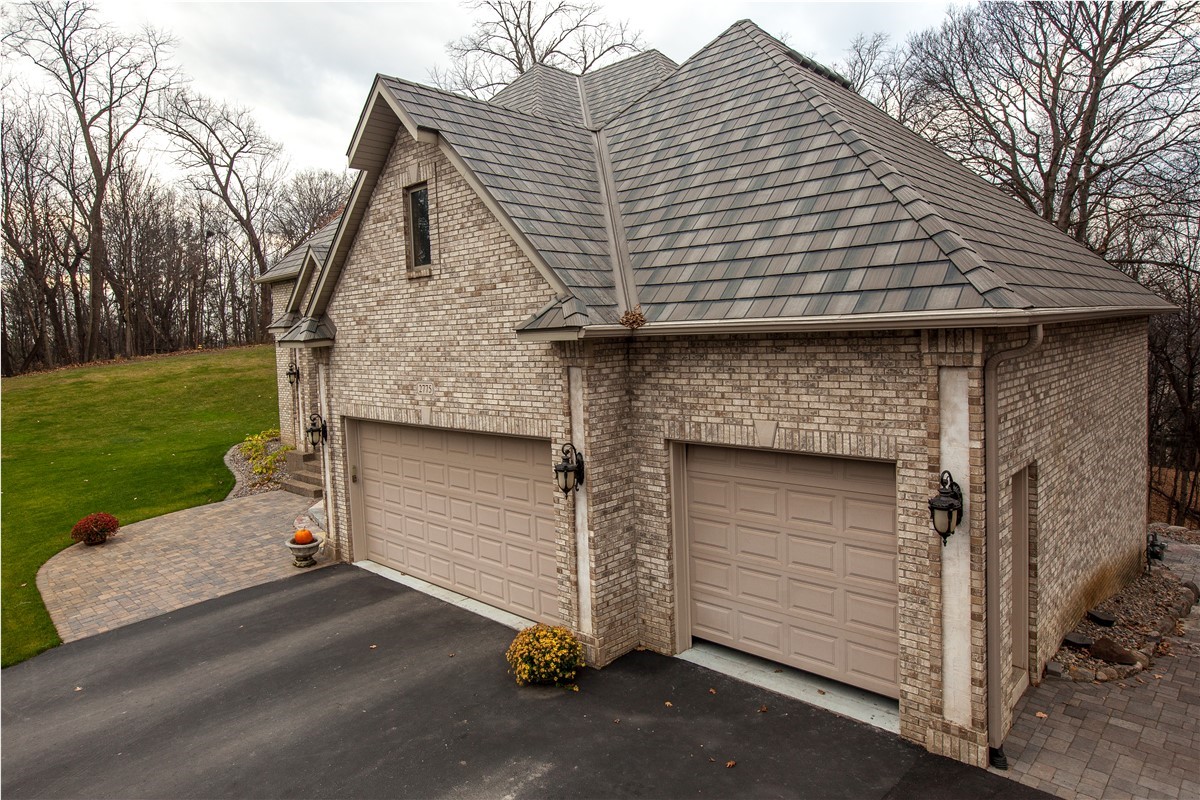
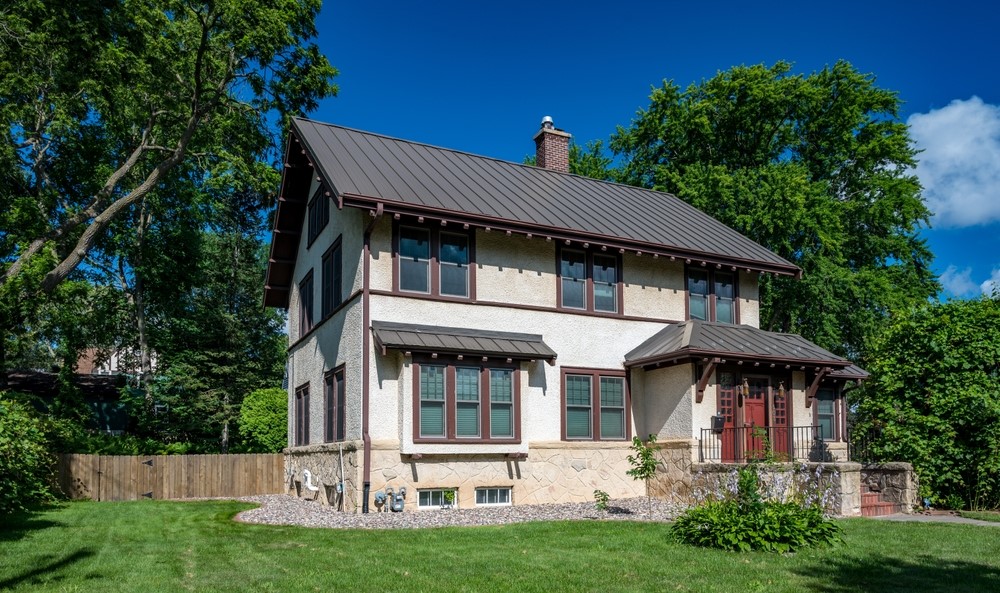
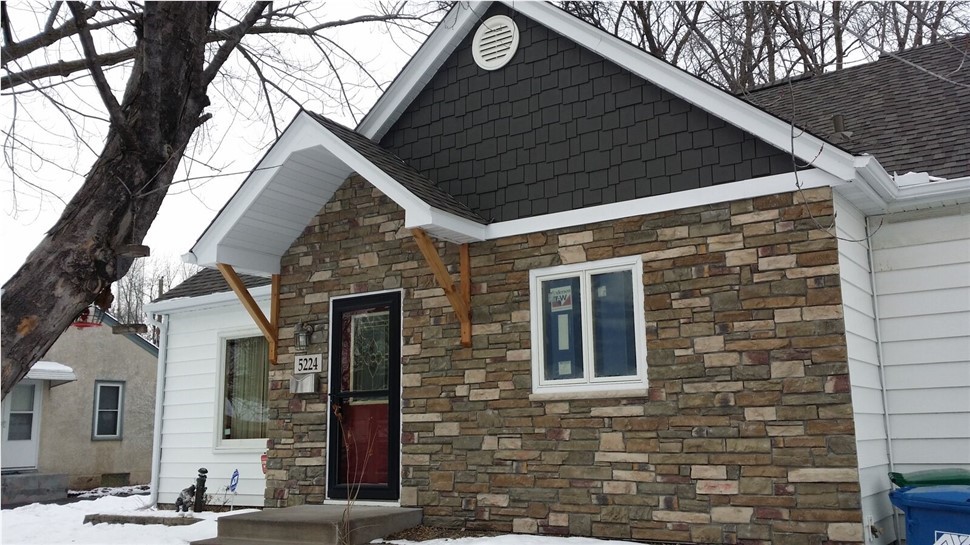
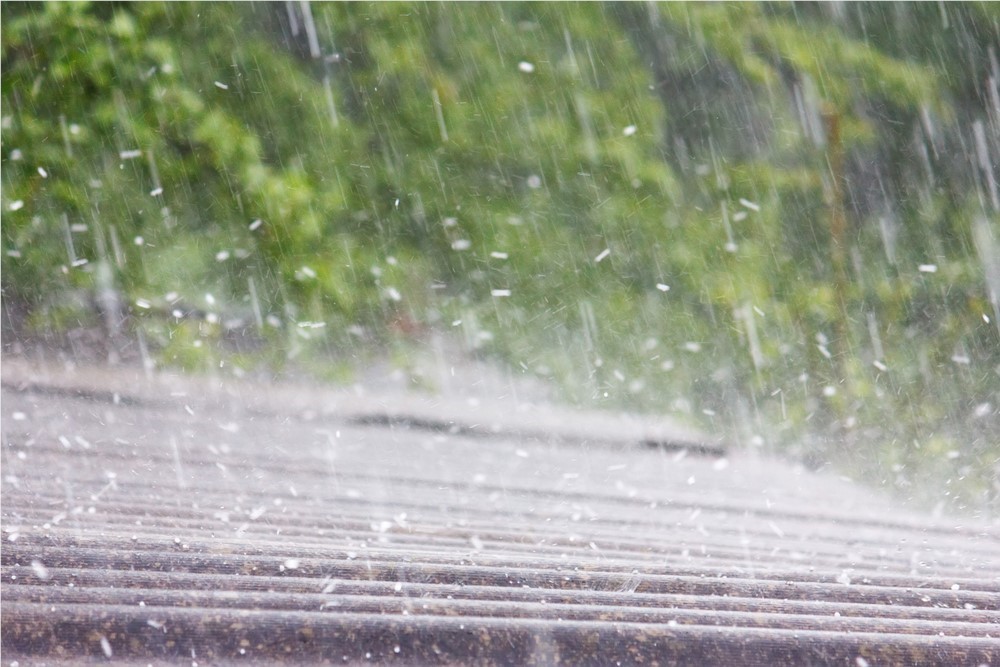
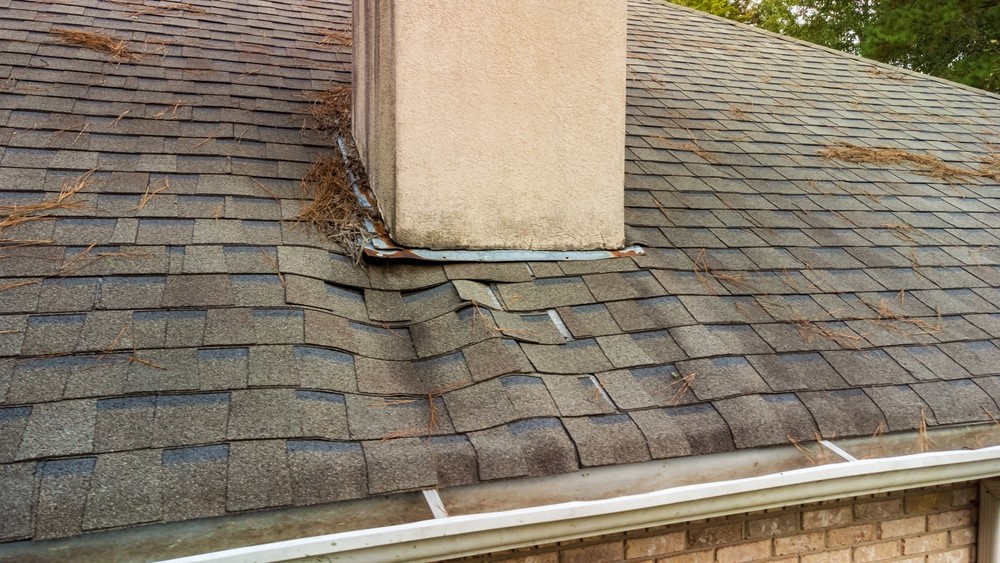
Comments